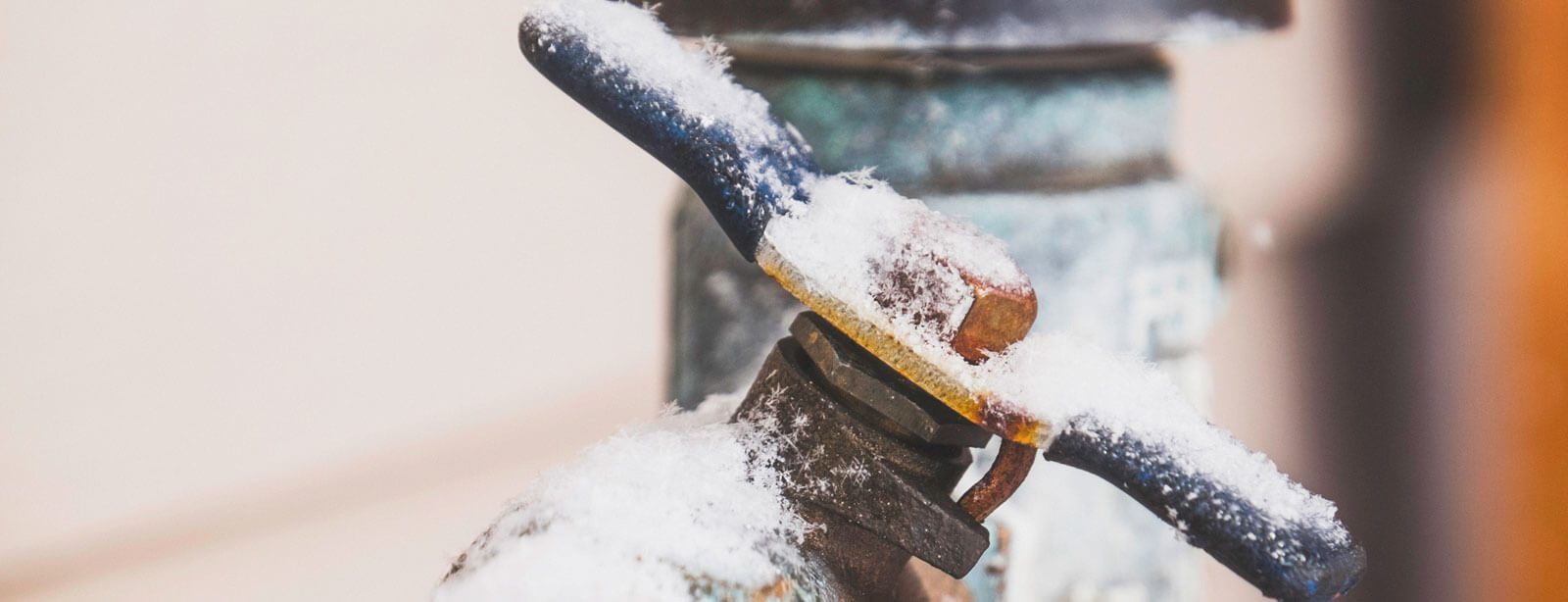Crucial Advice to Prevent Frozen Pipes in Cold Weather: Expert Insights
Crucial Advice to Prevent Frozen Pipes in Cold Weather: Expert Insights
Blog Article
The article which follows in relation to How to Prevent Your Pipes From Freezing is really informative. Read it yourself and decide what you think about it.

Winter can damage your plumbing, particularly by freezing pipelines. Right here's just how to stop it from occurring and what to do if it does.
Introduction
As temperature levels drop, the threat of frozen pipes boosts, potentially bring about expensive repair services and water damage. Recognizing exactly how to stop icy pipelines is important for homeowners in chilly environments.
Prevention Tips
Protecting at risk pipes
Cover pipelines in insulation sleeves or use warm tape to shield them from freezing temperature levels. Concentrate on pipes in unheated or external locations of the home.
Home heating methods
Keep indoor spaces appropriately heated up, especially areas with pipes. Open cabinet doors to permit warm air to distribute around pipelines under sinks.
How to determine icy pipelines
Look for reduced water circulation from faucets, unusual smells or sounds from pipes, and visible frost on exposed pipes.
Long-Term Solutions
Structural adjustments
Think about rerouting pipes far from outside walls or unheated locations. Add added insulation to attic rooms, basements, and crawl spaces.
Updating insulation
Purchase top quality insulation for pipes, attics, and wall surfaces. Correct insulation assists maintain constant temperatures and lowers the danger of icy pipes.
Safeguarding Exterior Pipes
Yard tubes and outdoor faucets
Detach and drain pipes yard hoses prior to winter season. Set up frost-proof faucets or cover outside faucets with insulated caps.
Understanding Icy Pipelines
What causes pipes to freeze?
Pipes ice up when subjected to temperatures below 32 ° F (0 ° C) for prolonged periods. As water inside the pipelines freezes, it increases, putting pressure on the pipeline wall surfaces and possibly creating them to burst.
Threats and damages
Icy pipelines can cause supply of water disturbances, property damage, and pricey repair work. Ruptured pipelines can flood homes and cause substantial architectural damage.
Signs of Frozen Water Lines
Determining icy pipelines early can prevent them from bursting.
What to Do If Your Pipelines Freeze
Immediate activities to take
If you presume frozen pipes, maintain taps available to ease pressure as the ice melts. Use a hairdryer or towels taken in hot water to thaw pipelines gradually.
Verdict
Avoiding icy pipelines requires proactive steps and fast reactions. By comprehending the reasons, indications, and preventive measures, homeowners can protect their plumbing throughout winter.
6 Proven Ways to Prevent Frozen Pipes and Protect Your Home
Disconnect and Drain Garden Hoses
Before winter arrives, start by disconnecting your garden hoses and draining any remaining water. Close the shut-off valves that supply outdoor hose bibs and leave the outdoor faucet open to allow any residual water to drain. For extra protection, consider using faucet covers throughout the colder months. It’s also important to drain water from any sprinkler supply lines following the manufacturer’s directions.
Insulate Exposed Pipes
Insulating your pipes is an effective way to prevent freezing. Pipe insulation is readily available at home improvement stores and is relatively inexpensive. Pay close attention to pipes in unheated areas such as the attic, basement, crawl spaces, or garage. Apply foam insulation generously to create a buffer against the cold. You can also wrap your pipes in heat tape or thermostat-controlled heat cables for added warmth.
Seal Air Leaks
Inspect your home for any cracks or openings that could let in cold air. Seal any holes around the piping in interior or exterior walls, as well as the sill plates where your home rests on its foundation. Additionally, make sure to keep your garage door closed unless you’re entering or exiting. Leaving it open creates a significant air leak that can lead to frozen pipes.
Allow Warm Air Circulation
During cold snaps, it’s essential to allow warm air to circulate evenly throughout your home. Leave interior doors ajar to promote better airflow. Open kitchen and bathroom cabinets to help distribute heat consistently around the rooms. If you have small children or pets, be sure to remove any household chemicals or potentially harmful cleaners from open cabinets for safety.
Let Faucets Drip
A small trickle of water can make a big difference in preventing ice formation inside your pipes. When temperatures drop significantly, start a drip of water from all faucets served by exposed pipes. This continuous flow helps prevent the water from freezing. Additionally, running a few faucets slightly can relieve pressure inside the pipes, reducing the chances of a rupture if the water inside does freeze.
https://choateshvac.com/6-proven-ways-to-prevent-frozen-pipes-and-protect-your-home/

As an avid person who reads on Helpful Tips to Prevent Frozen Pipes this Winter, I think sharing that piece of writing was really helpful. Do you know about another person who is in to the niche? Take a moment to promote it. Kudos for your time. Don't forget to stop by our website back soon.
Call Today Report this page